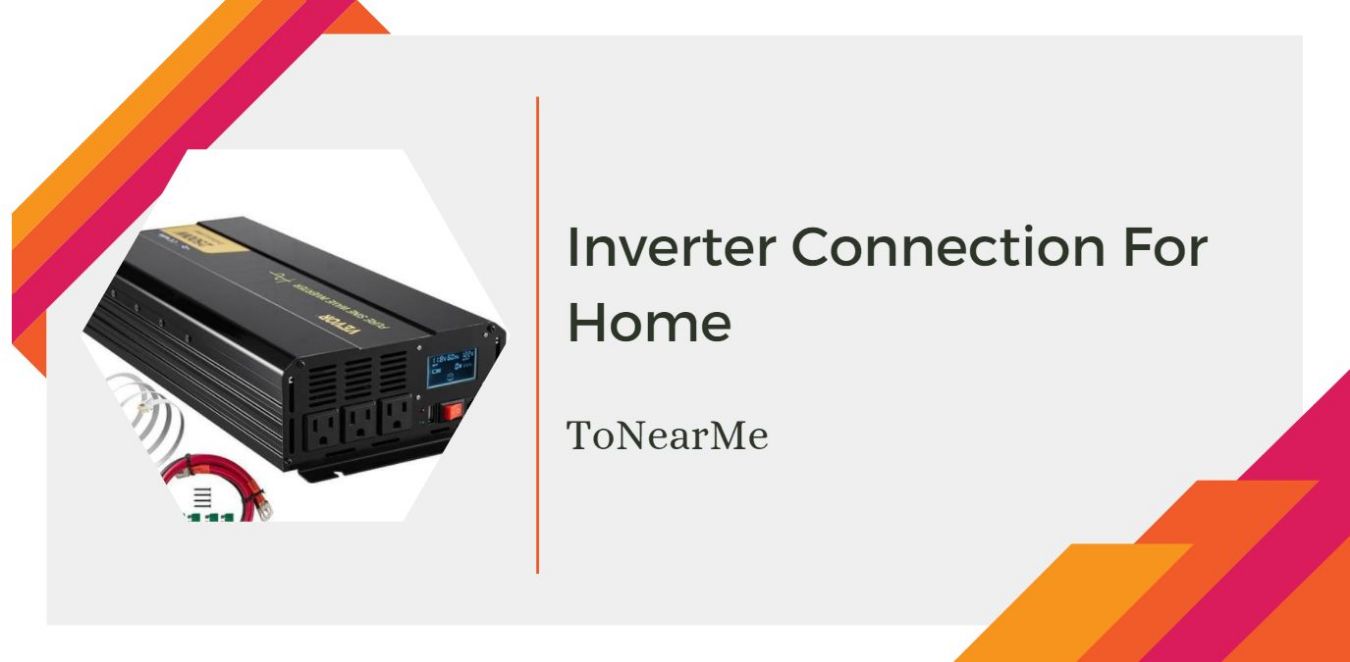Earlier, we used to rely on generators for power backup in any events or functions. In case, if there is any unforeseen power cut, those generators would be very helpful in supplying uninterrupted power.
Today, technology got advanced and many power backup sources have been invented. One such innovative option is the inverter, an effective backup option for the home.
Nowadays, the inverter has become necessary to enjoy an uninterrupted power supply. This is the best solution for frequent power cut areas. Moreover, these inverters won’t affect electricity bills much.
If you’re looking for an inverter connection for home you need to consider a few factors before installing an inverter because it is always better to learn more before purchasing an inverter for home.
How To Choose An Inverter?
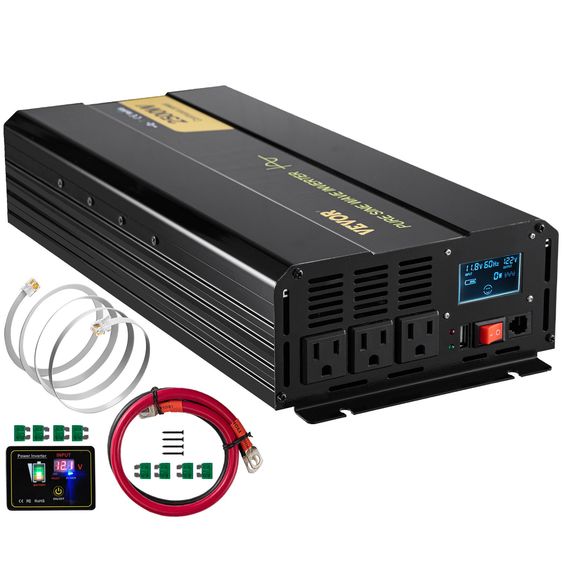
Image source : Pinterest
Frequent power cuts could be irritating, right? Purchasing an inverter is the best solution. The inverters help in providing power supply to the electronic devices without any interruption.
But, before you purchase do some research and learn which type of inverter is required for your home. Here we would like to help in choosing the right inverter connection for home.
Read on to know more!
1. Calculate Power Requirement
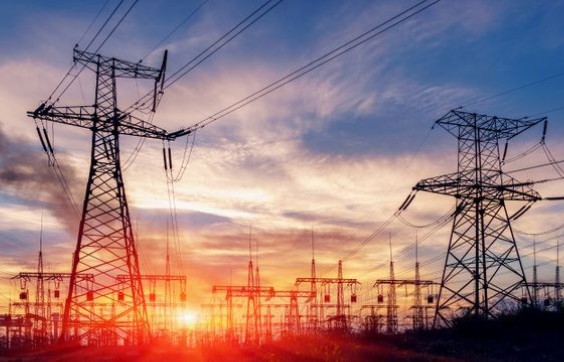
Image source : Pinterest
To get the best inverter for your home, you need to know the power requirement. Check the devices you would like to connect to your inverter like bulbs, fans, tv, mobile phone chargers, cooler, mixer, etc.
Check out the below list of common appliances and their energy consumption.
- Mobile phone chargers: 5 W
- Electric bulb: 7–60 W
- CFL: 10–25 W
- Fan: 75–90 W
- TV: 120 W
- Computer: 150–250 W
- Air coolers: 250–300 W
- Mixers and grinders: 500 W
- Induction cookers: 1000–1500 W
The list we have given above is for your general idea of how much the appliance consumes energy. All you have to do is to calculate the overall consumption of the appliances and based on that choose the inverter.
2. Understand Required Capacity
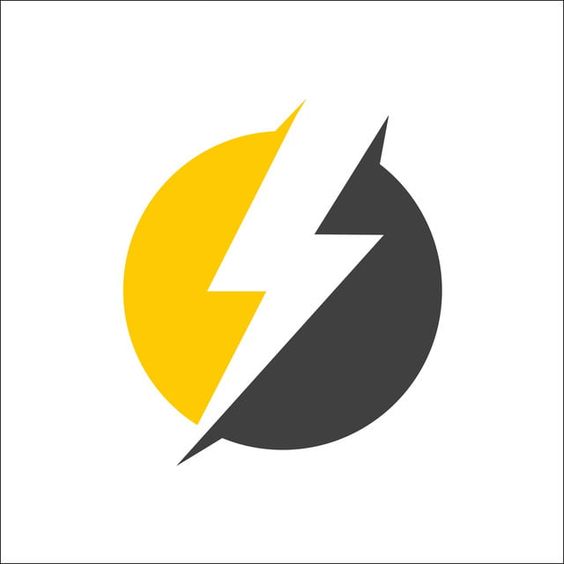
Image source : Pinterest
An inverter's efficiency depends on the load, so the overall power consumption should be equal to the capacity of the inverter. In case, if you are going to require more power for your appliances, it’s better to option an inverter with high capacity.
3. Choose the Right Battery
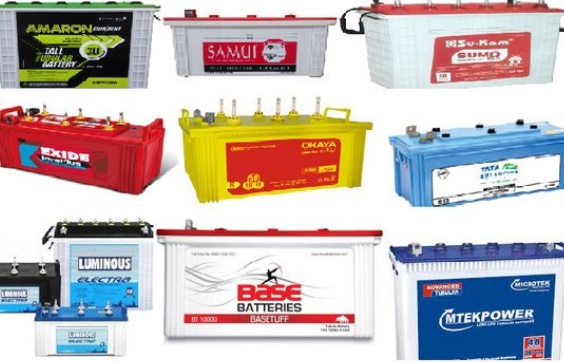
Image source : Pinterest
After selecting the inverter that suits your needs, now you need to choose the battery. Usually, battery size is measured in Ah.
Calculate for how many hours you want the inverter to provide backup. For instance, if you are going to choose a 600VA inverter, then it provides backup for 4 hours, therefore the required battery size should be as follows:
600*4= 2,400VAH
As a basic inverter battery has a capacity of 12V, battery size is 2000/12 = 166.6Ah. Well, if you don’t find the exact capacity of the battery that does not suit the inverter, then choose the battery with a higher capacity.
Installation Tips For Inverter
Rather than sitting in pitch-black darkness when there is a frequent power cut in your region, opting for an inverter is the best option. While looking for an inverter connection for home and installing them, there are a few things you need to consider.
Here are some important factors you need to consider to ensure the inverter and battery last longer.
1. Choose The Right Battery: It is important to choose the right battery for your inverter that reaches your backup requirements.
2. Keep Inverter & Battery In Open Place: It’s essential to select the right place before you fix your inverter for its smooth functioning. B’coz, the inverter required proper ventilation so that one can maintain it at the right temperature. And, it should be mounted a few inches above the ground level for air to circulate around.
Remember, it should not be placed in the wrong place where it is close to fire or water. Make sure to keep the battery close to the inverter for proper functioning.
Get your inverter installed by a professional electrician, as they can do the wiring and settings appropriately.
Moreover, you can increase your inverter and battery life with little maintenance.
3. Power Cycle The Inverter Battery: Use the inverter regularly for long battery life. If there are no power cuts, make sure to discharge it completely and charge it fully when required.
4. Prevent Inverter From Overloading: It’s better not to give connection to the high load appliances like fridge, geyser, cooler, ac, motor, etc to avoid damages to your appliances as well as inverter and battery.
5. Do Not Use Defective Batteries: If you feel the inverter battery is not working properly or it is quick discharging, better to choose the other battery.
Both the battery and inverter need proper maintenance, as the power stored will be distributed when there is a power cut. Therefore, it is essential to take care of both the battery and inverter.
FAQs
How do I calculate what size inverter I need?
Size of Inverter = Total Load+(1+Af) / Ie VA. For example, size of Inverter= 475+(1+20%) / 80%, therefore size of Inverter= 712 VA.
How do I know what size battery I need?
It’s simple! Just use the formula for calculating the battery size i.e B = P*t/V, where B is the battery capacity in ampere-hour, P is the inverter's power rating, and t is the duration of power supply in hours, and Vdc is the DC voltage of the inverter.
What is the normal life of an inverter battery?
It is usually 3-4 years. However, with proper maintenance, we can extend the life of a battery.
Can we switch off the battery for 3 months?
As long as the battery is fully charged, we can switch off the battery for 4 months too. But, if we switch off the main, then the battery will self-discharge automatically.
When should I turn off the inverter?
If you are going on a long vacation, you can switch off your inverter. In case, if you are leaving for 6 months or more than that, remove the inverter and battery, and keep it safely for future use.
Bottom Line
We hope these tips will help in not only purchasing the right inverter connection for home but also maintaining them for higher performance.





